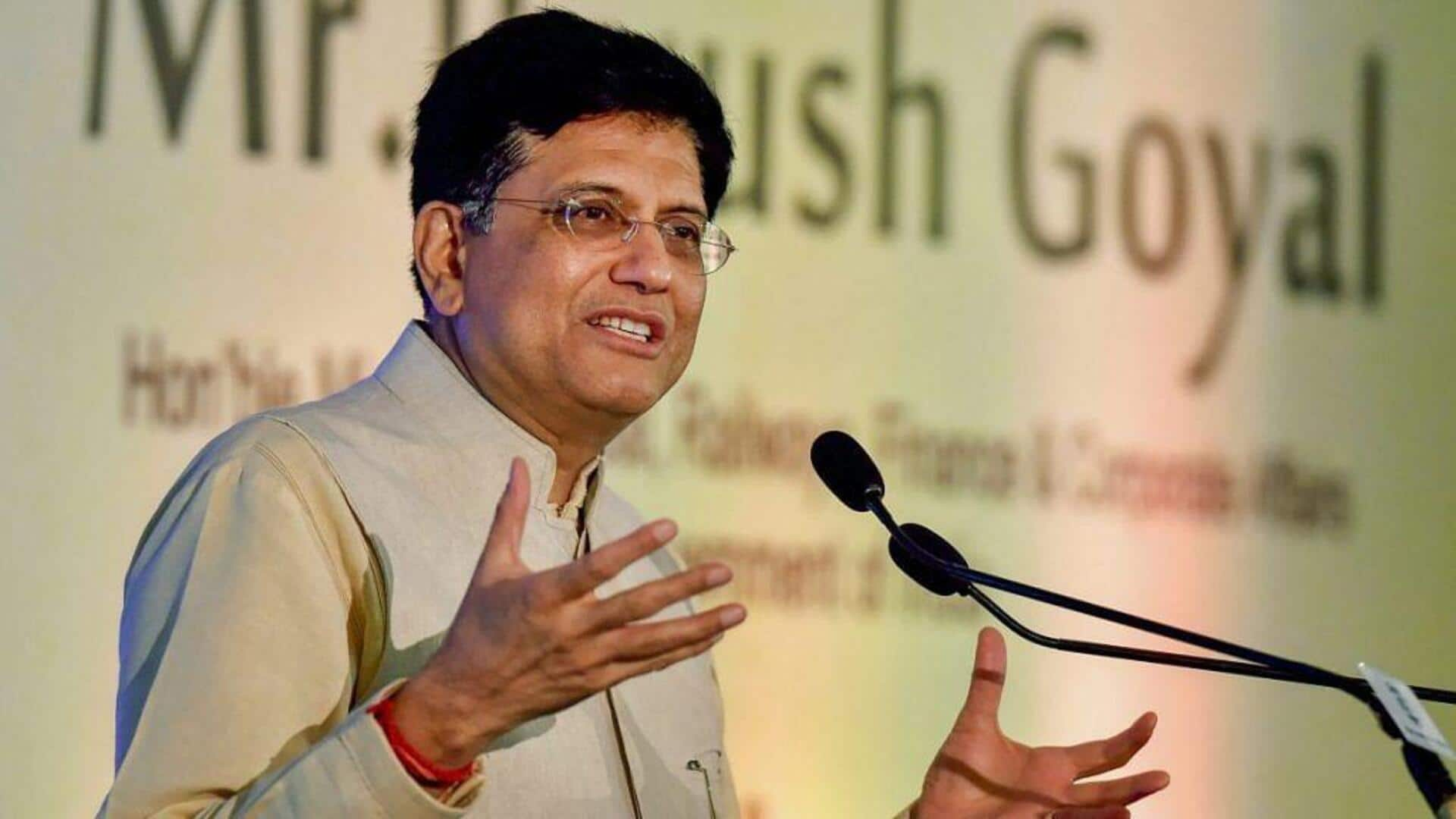
Modi government rolls out 'ChatGPT for exporters'
What's the story
The Indian government has launched a comprehensive trade portal, the Trade Connect ePlatform. This initiative aims to provide a wide range of information related to exports and imports. The platform is designed to assist both new and established entrepreneurs, and has been described as "ChatGPT for exporters." It was developed through a collaborative effort involving several key entities such as the Ministry of MSME, TCS, EXIM Bank, Department of Financial Services (DFS), and the Ministry of External Affairs (MEA).
Information hub
A 1-stop solution for trade information
Commerce and Industry Minister Piyush Goyal, during the launch of the portal, highlighted its role as a comprehensive source of trade-related information. The platform will provide details on customs duties, rules and regulations. It is designed to address information asymmetry by offering extensive support and resources to exporters. This initiative is expected to significantly enhance India's presence in global trade markets.
Real-time access
Portal to provide real-time access to critical trade information
The Director General of Foreign Trade (DGFT), Santosh Kumar Sarangi, emphasized the portal's role in providing real-time access to crucial trade-related information. The platform aims to connect users with key government entities such as Indian Missions abroad, Department of Commerce, Export Promotion Councils, and other trade experts. It is designed to assist businesses at every stage of their export journey.
Extensive network
Trade Connect eplatform to connect over 600,000 IEC holders
The Trade Connect ePlatform will establish an extensive network by connecting over 600,000 IEC (import-export code) holders. It will also link over 180 Indian Mission officials, and 600 Export Promotion Council officials. Additionally, officials from DGFT, the Department of Commerce, and banks will be part of this network. The platform will offer information on product and country-wise customs duties and regulations, free trade pacts-related data, trade-related services offered by different departments and agencies, non-tariff barriers, global buyers, and exhibitions.
Future prospects
Future updates and enhancements of the trade portal
Goyal assured that the portal will be regularly updated based on stakeholders' feedback. A second version is planned for launch in 2025. Sarangi revealed that additional services like banking, insurance, and logistics will be included in this future update. The platform is also expected to be made available in regional languages to cater to a wider audience.